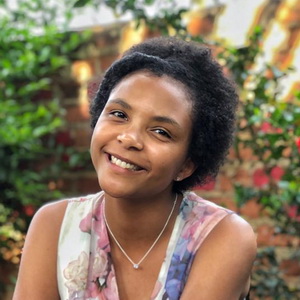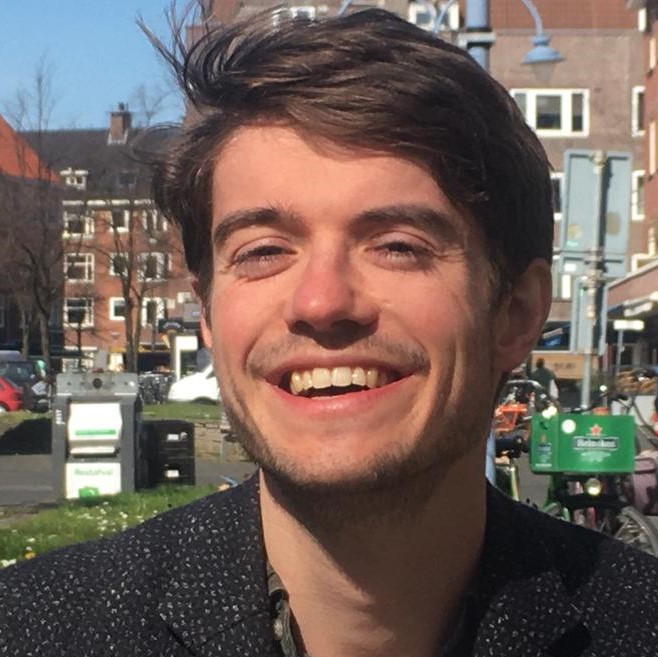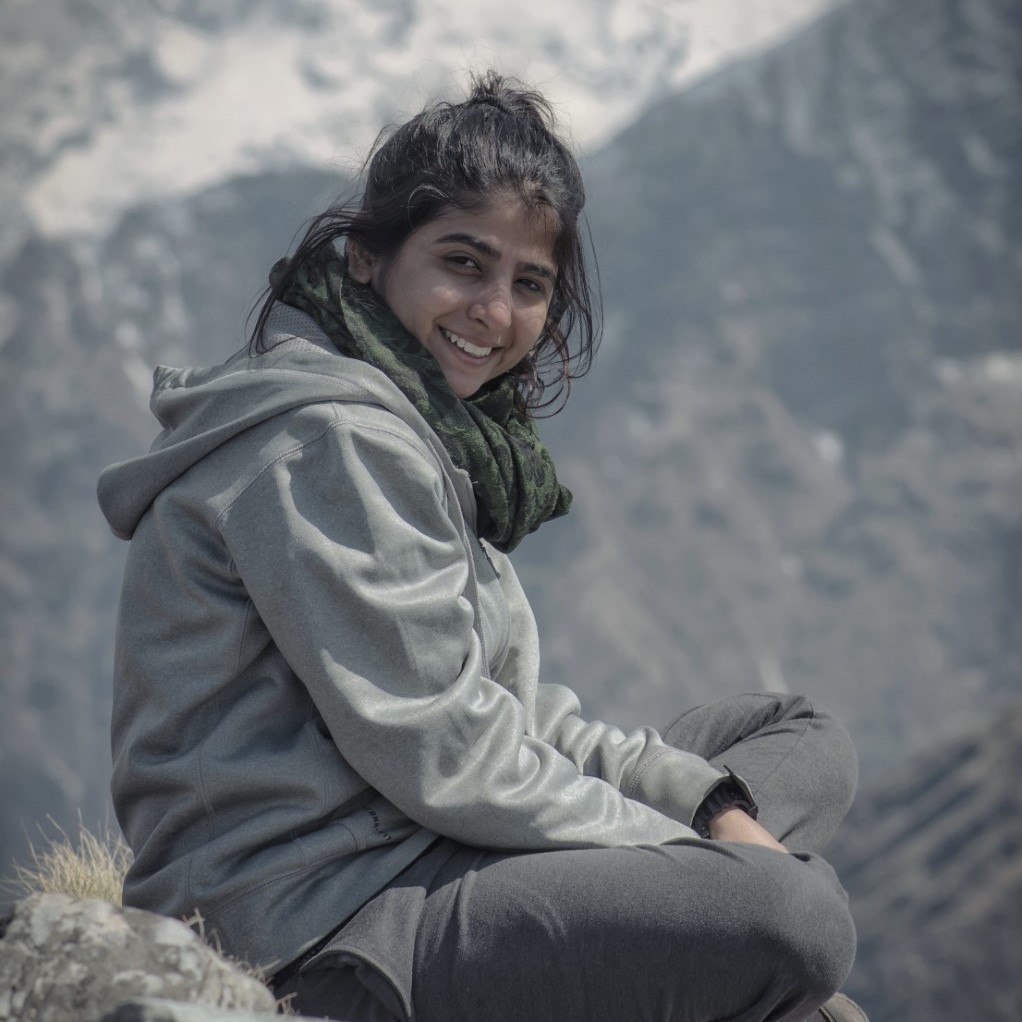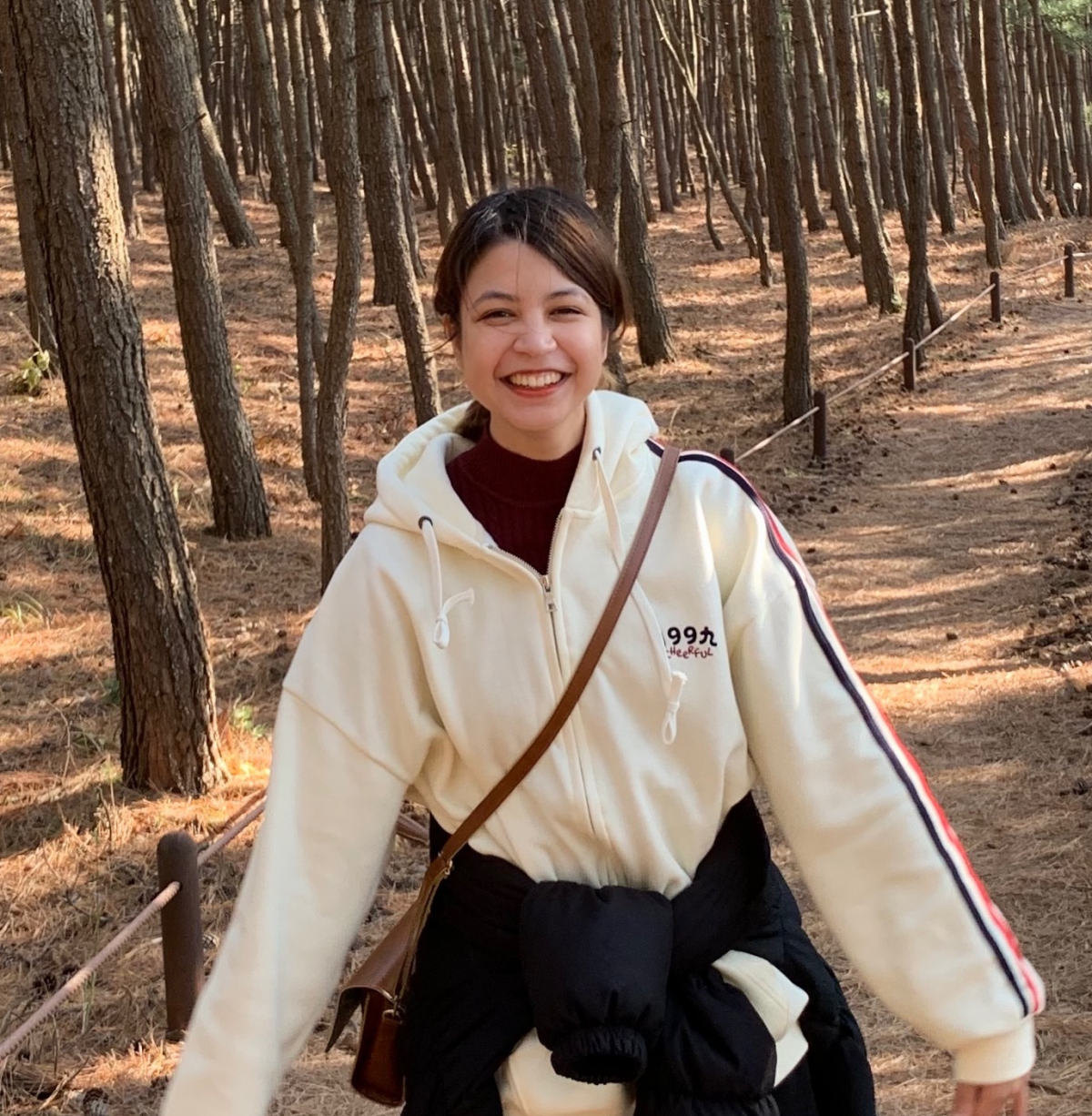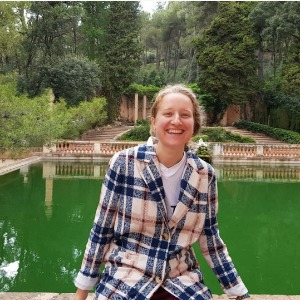How the Pandemic Brought Me Freedom
This is my personal account of how my life changed during the pandemic. Due to it, or in spite of it.
Netherlands, Western Europe
Story by Emily. Edited by Edel Malene Farstad
Published on August 30, 2021.
Reading time: 4 minutes
This story is also available in 
To start, I acknowledge that my piece is written from a point of privilege. The pandemic has not resulted in my loss of housing, loved ones, livelihood or life. I recognize this and my immense fortune. This is my personal account of how my life changed during the pandemic. Due to it, or in spite of it.
One and a half years into the pandemic, I definitely feel the urge for things to get “back to normal.” “Normal” meaning drinking in bars, eating at restaurants, meeting new people and experiencing new adventures. But if I look back, while these elements were indeed normal for me, and a big part of my pre-pandemic life, this is not a “normal” I wish to go back to.
I was dealing with major FOMO (Fear Of Missing Out). I constantly wanted new experiences.
Before 17 March 2020, when the Netherlands went into lockdown, my life consisted of all the activities mentioned above. Every. Single. Night. I live alone and I always used to say: “I’m fine being home alone during the day, as long as I’m not alone in the evenings.” For me, evenings were the time for meeting friends, preferably friends of friends. Or friends of friends of friends. As many new people as possible. I was dealing with major FOMO (Fear Of Missing Out). I constantly wanted new experiences. I was also always available: someone called, and I’d manage to squeeze them into my schedule.
“I’m here for you, whenever you need to talk,” I said to literally every single person in my life.
And then... I, and the rest of the world, were stuck at home. Self-isolation for two weeks, mandatory isolation for a full year. Still, I was constantly available. You want to Facetime? I’m there. Socially distanced walking? Count me in! During this period, I also fell in love for the first time and the same pattern continued. I was available when people wanted me to be.
Because of Covid, I couldn’t run straight into a crowd, away from difficult things.
Falling in love for the first time also resulted in my first heartbreak. I was completely incapacitated. I was grieving and became quite egocentric. I was unable to reach out to anyone other than my closest friends. I was unwilling to talk to most people, and, as a result, unlearning the incessant need to be available. A month later, I started therapy. While the breakup was not the reason I started therapy, I came to recognize that my need to be constantly available affected my relationships.
Because of Covid, I couldn’t run straight into a crowd, away from difficult things. Instead, I was forced to sit and reflect: reflect upon my own behavior, my past life, and the people currently in my life. The experience was enhanced by the discoveries I made about my behavioral patterns during therapy.
It resulted in some pretty drastic changes. I had confrontations with people I considered friends. I requested (and got) answers from the person I had been in love with. I discovered which aspects of my life I had internalized due to expectations of others, and which were my own. For example, I picked up sewing, a skill which I had wanted to learn for ages, but never dared to teach myself, because “others could probably do it better than I ever could.”
I allowed myself to discover me. This is something I would not have been able to do if the world and I had not been forced to a complete standstill. For that, I am thankful.
How does this story make you feel?
Follow-up
Do you have any questions after reading this story? Do you want to follow-up on what you've just read? Get in touch with our team to learn more! Send an email to [email protected].
Talk about this Story
Please enable cookies to view the comments powered by Disqus.
Subscribe to our Monthly Newsletter
Stay up to date with new stories on Correspondents of the World by subscribing to our monthly newsletter:
Tags
Topic: Coronavirus
> Uganda
Home for Corona: An Afropean View of COVID-19
A story by Anna Adima
4 min
As an ‘Afropean’, I see COVID-19 has brought social inequalities to the forefront; I am reminded again of the privileges and disadvantages I experience in my homes. Read more...
> Netherlands
To Miss Missing
A story by Joost Backer
3 min
So I missed the train. But to be honest, I have also missed missing the train. Read more...
> India
The Spirit of Goodness During COVID Times
A story by Charu Thukral
5 min
When I was diagnosed with chicken pox, all I wanted was to be home with my family, 1300 kilometers away. Read more...
Explore other Topics
Get involved
At Correspondents of the World, we want to contribute to a better understanding of one another in a world that seems to get smaller by the day - but somehow neglects to bring people closer together as well. We think that one of the most frequent reasons for misunderstanding and unnecessarily heated debates is that we don't really understand how each of us is affected differently by global issues.
Our aim is to change that with every personal story we share.
Community Worldwide
Correspondents of the World is not just this website, but also a great community of people from all over the world. While face-to-face meetings are difficult at the moment, our Facebook Community Group is THE place to be to meet other people invested in Correspondents of the World. We are currently running a series of online-tea talks to get to know each other better.












